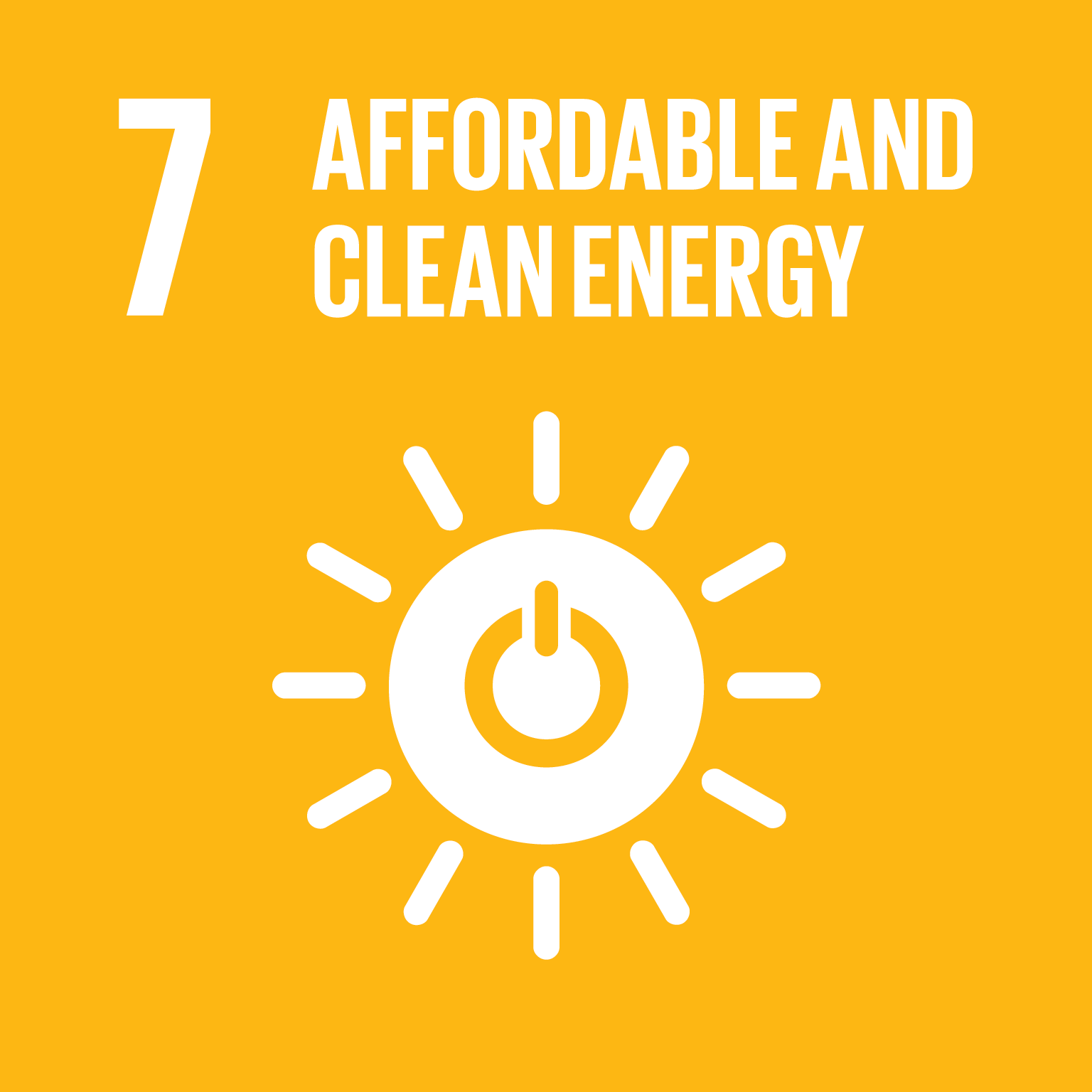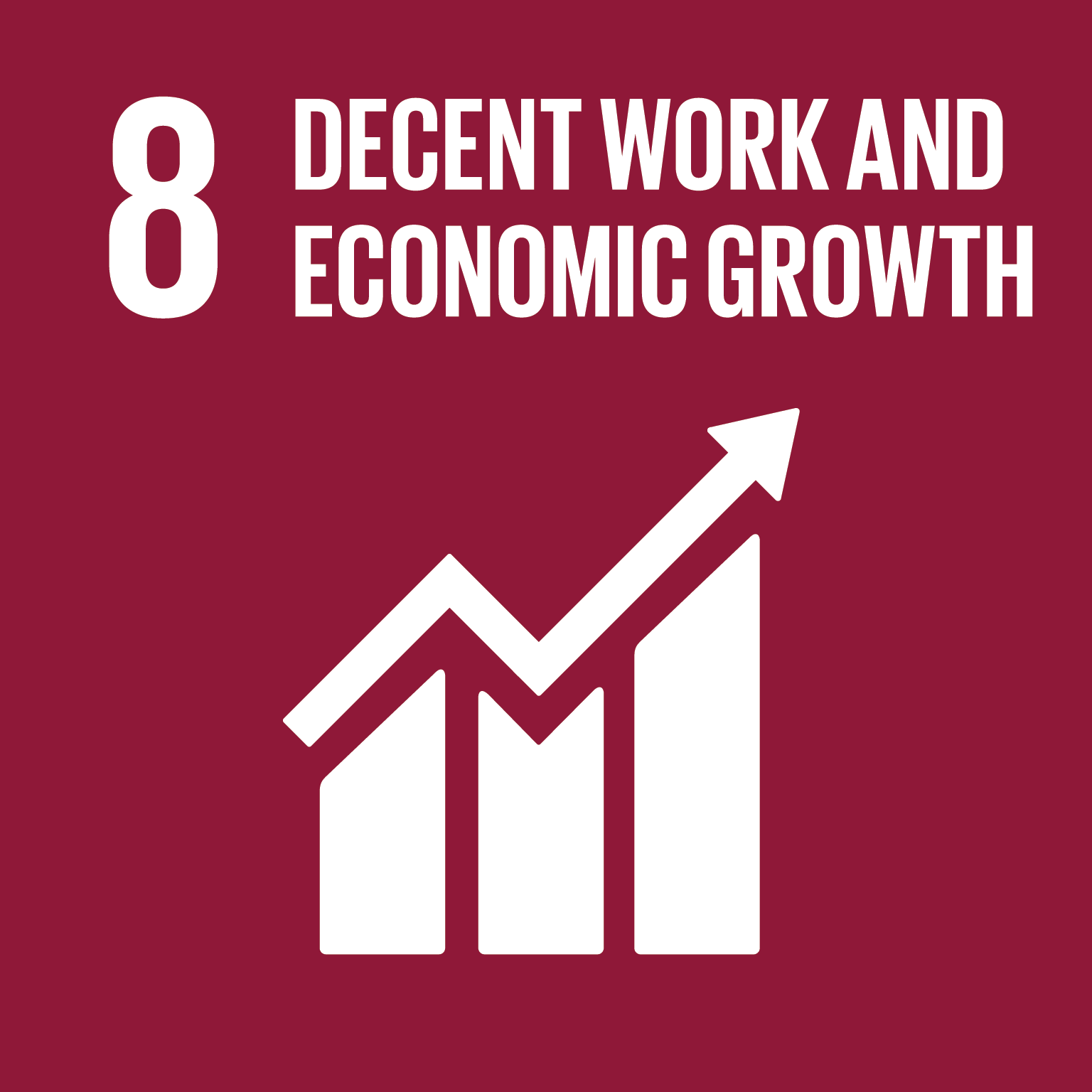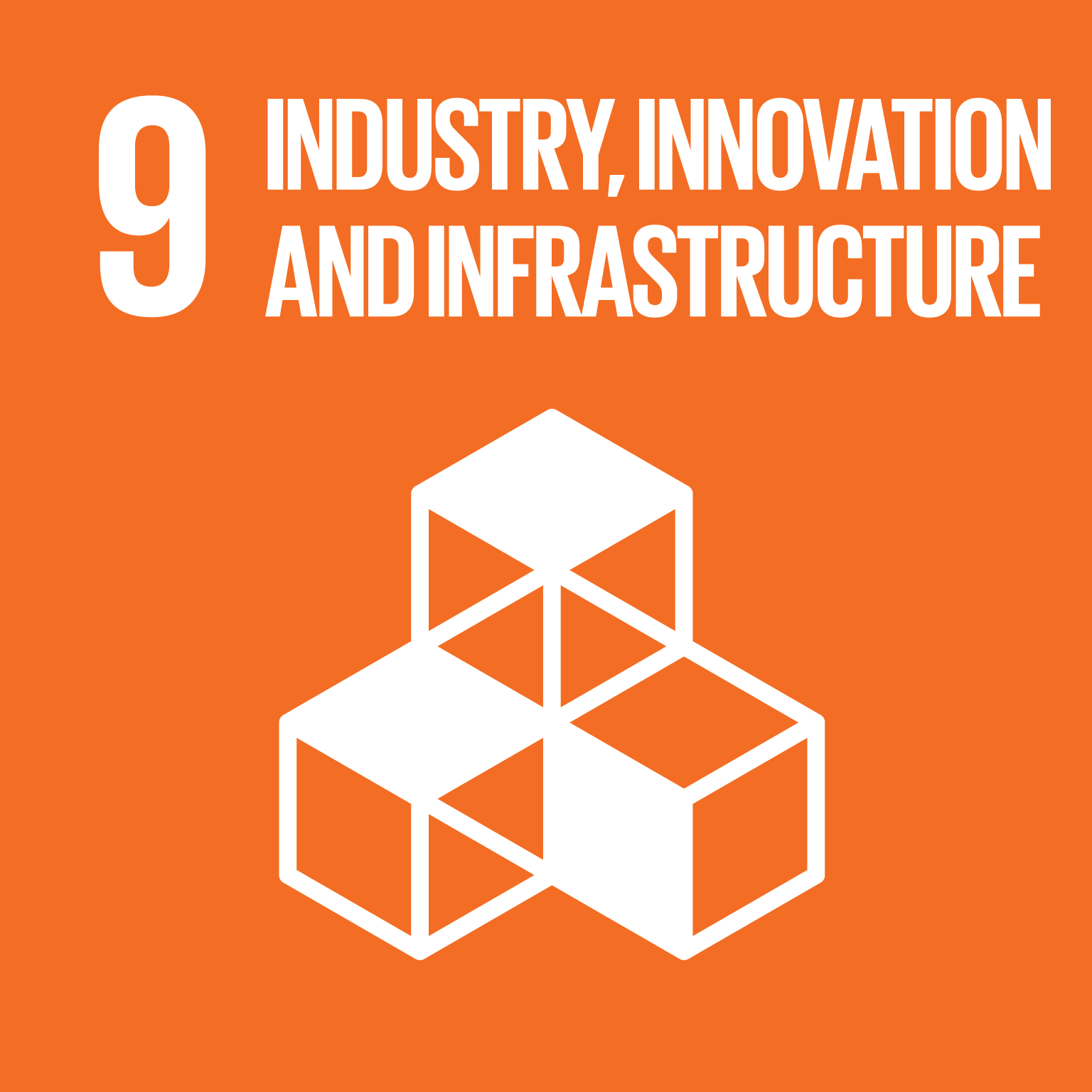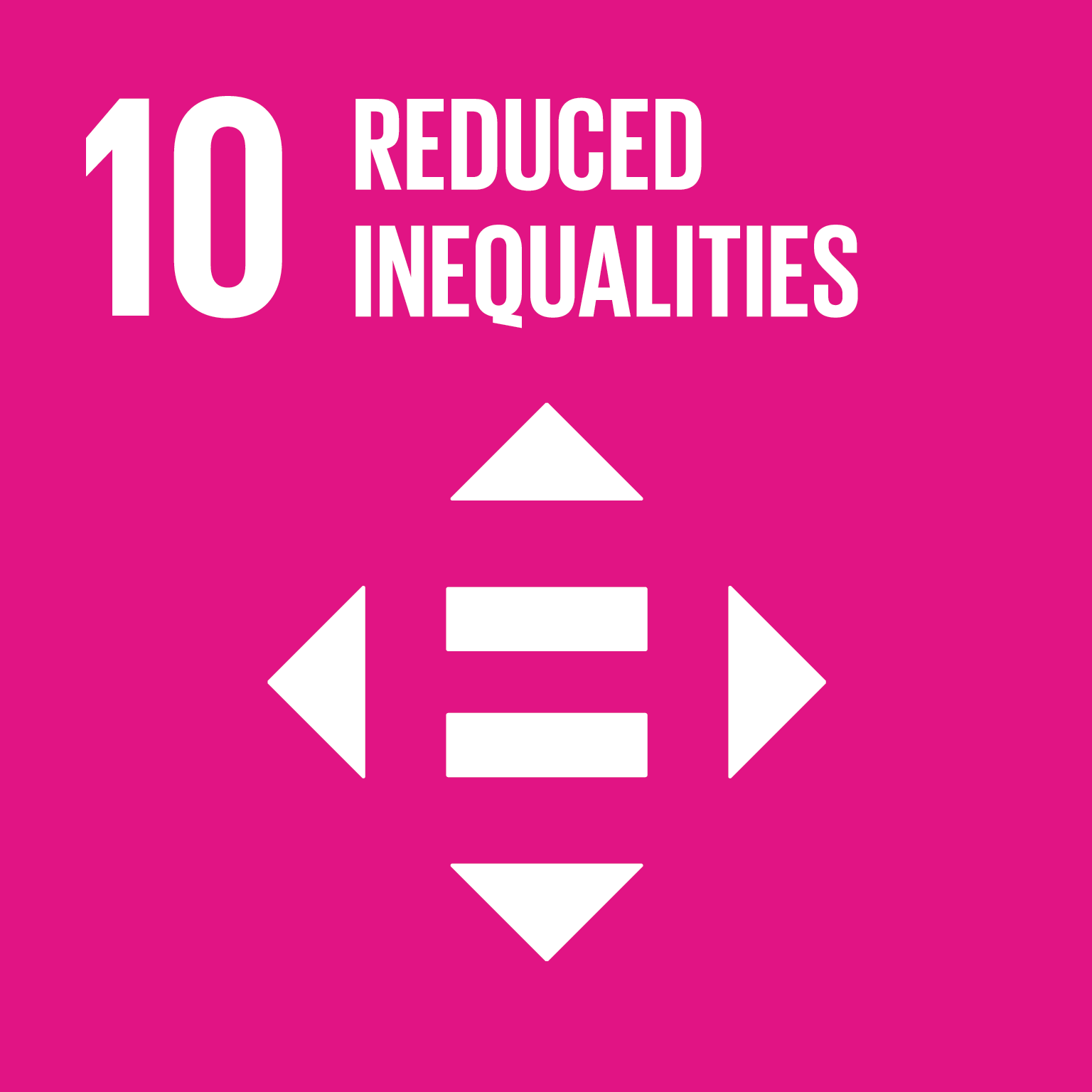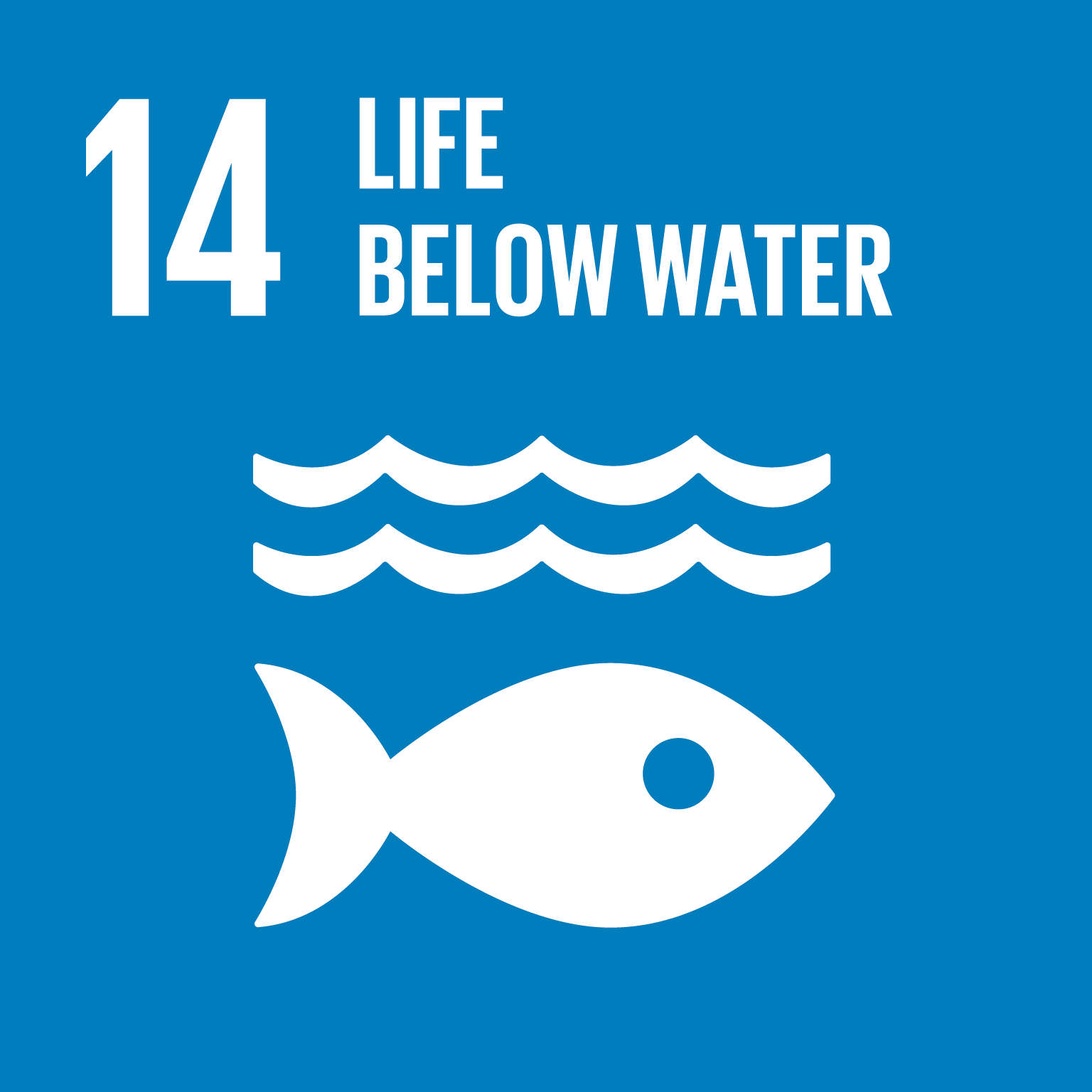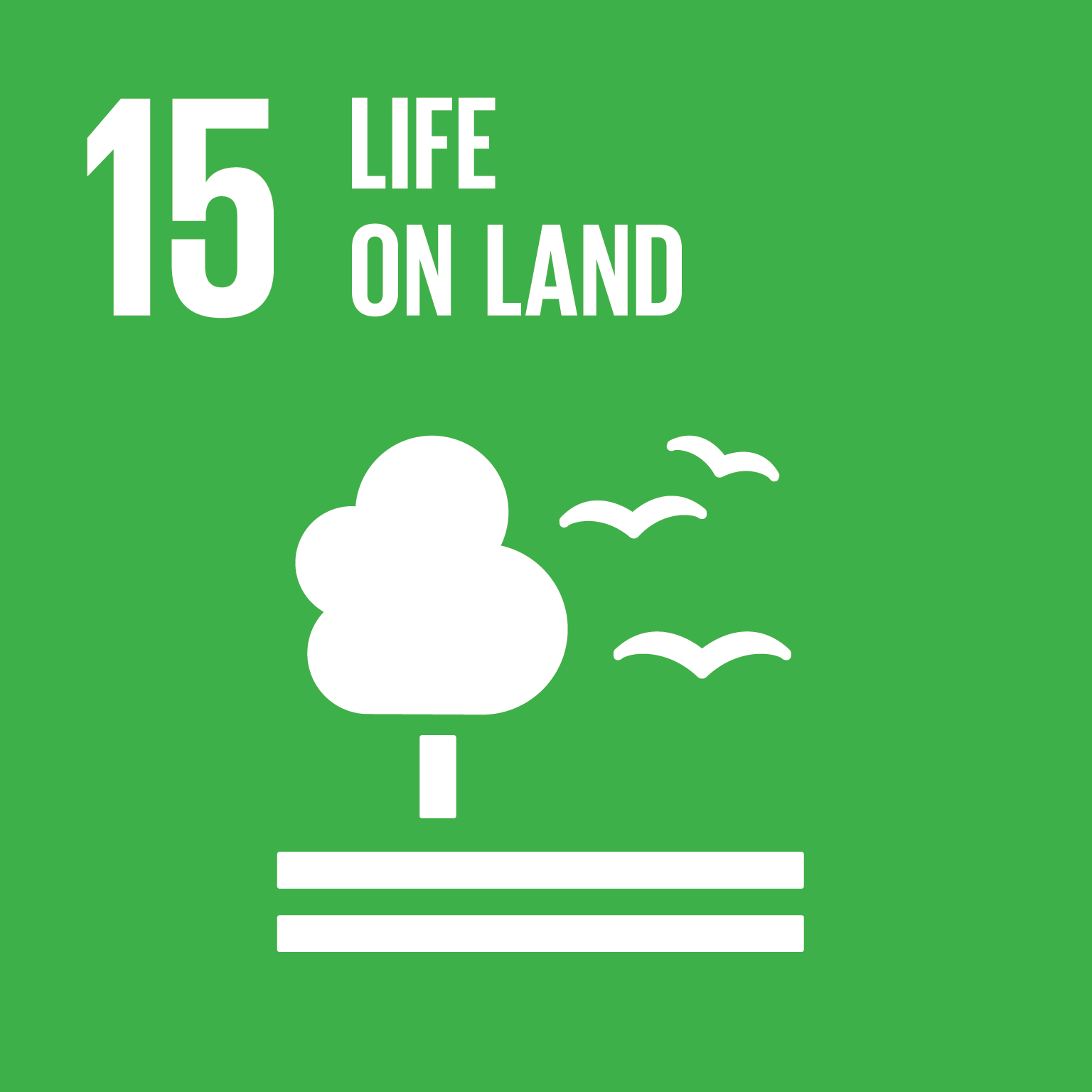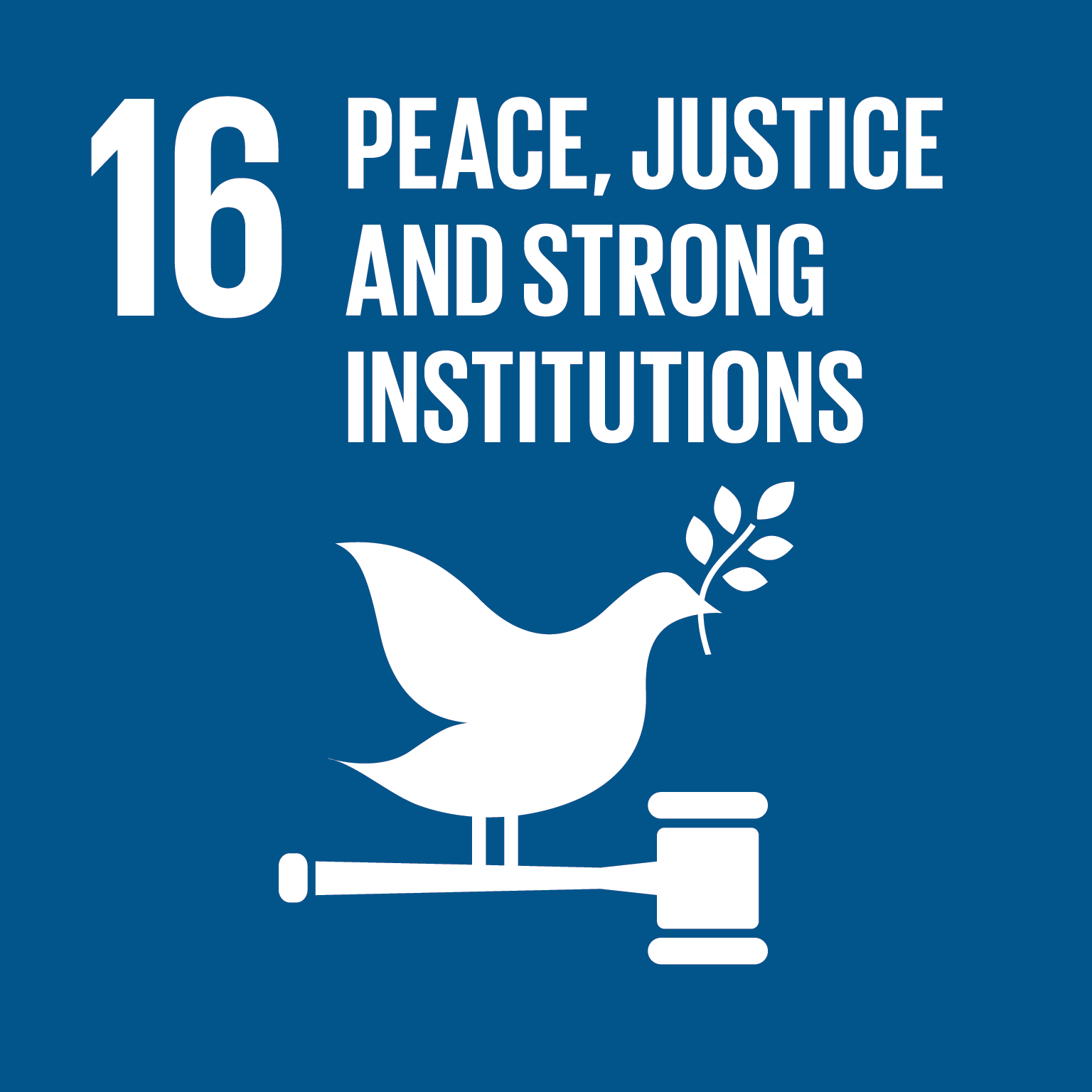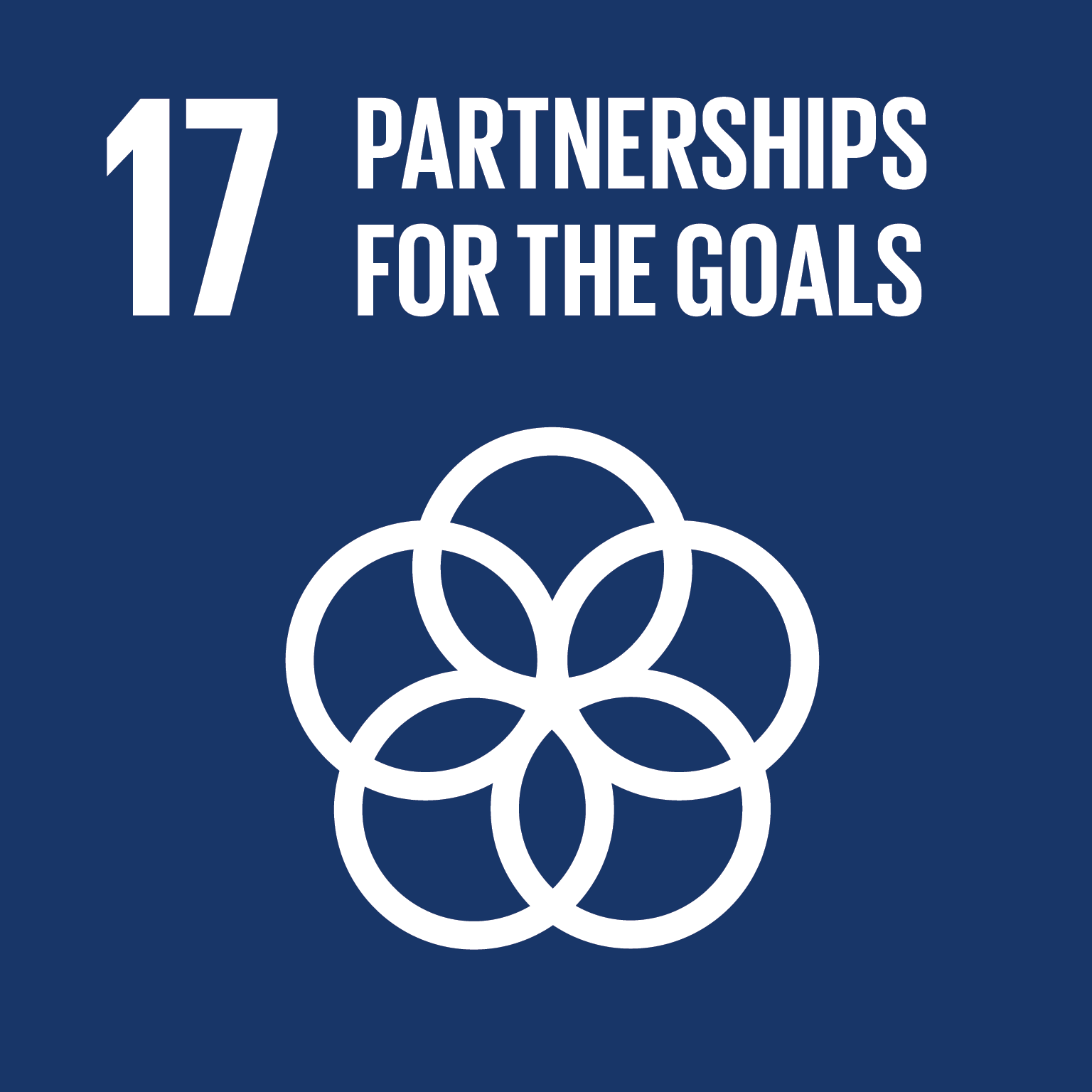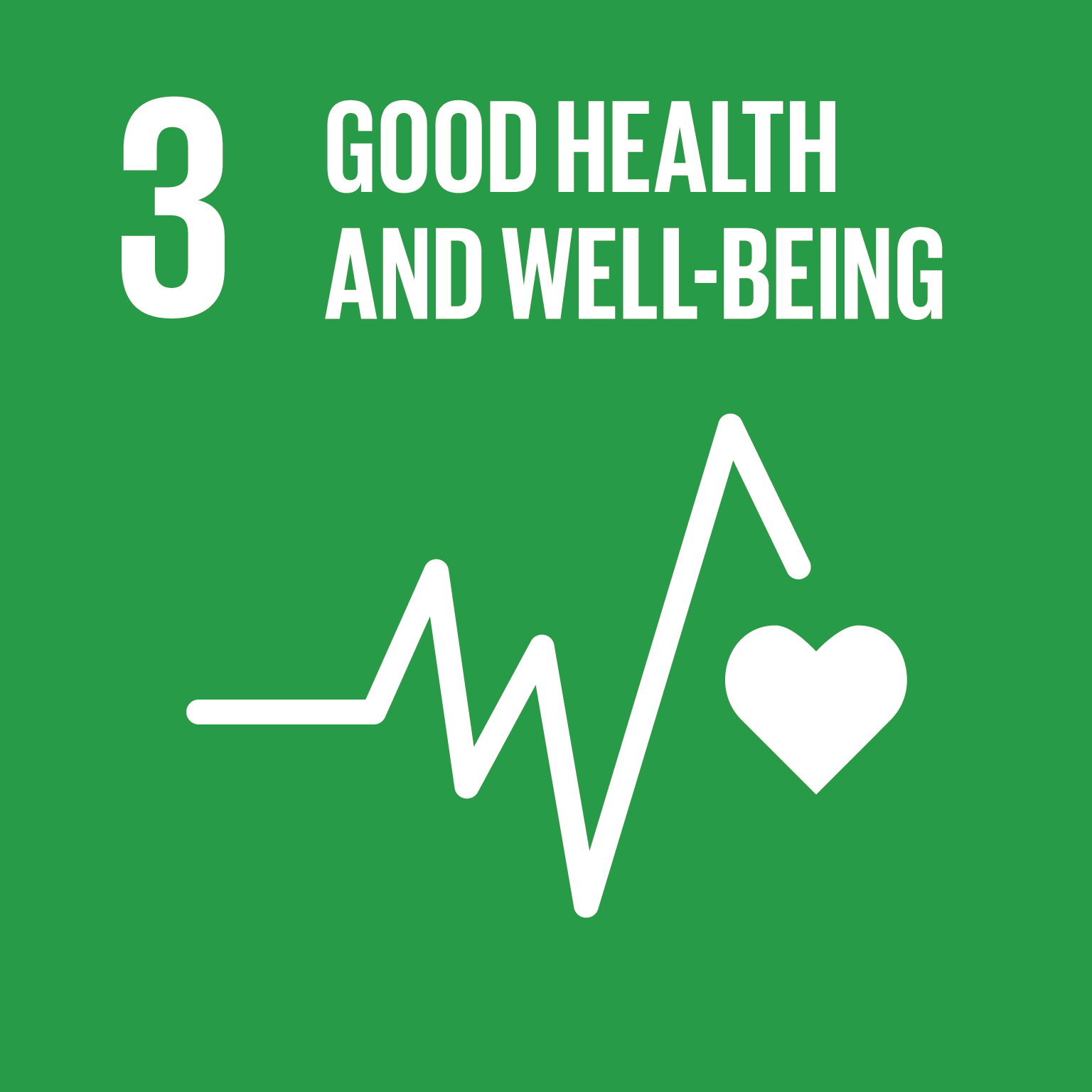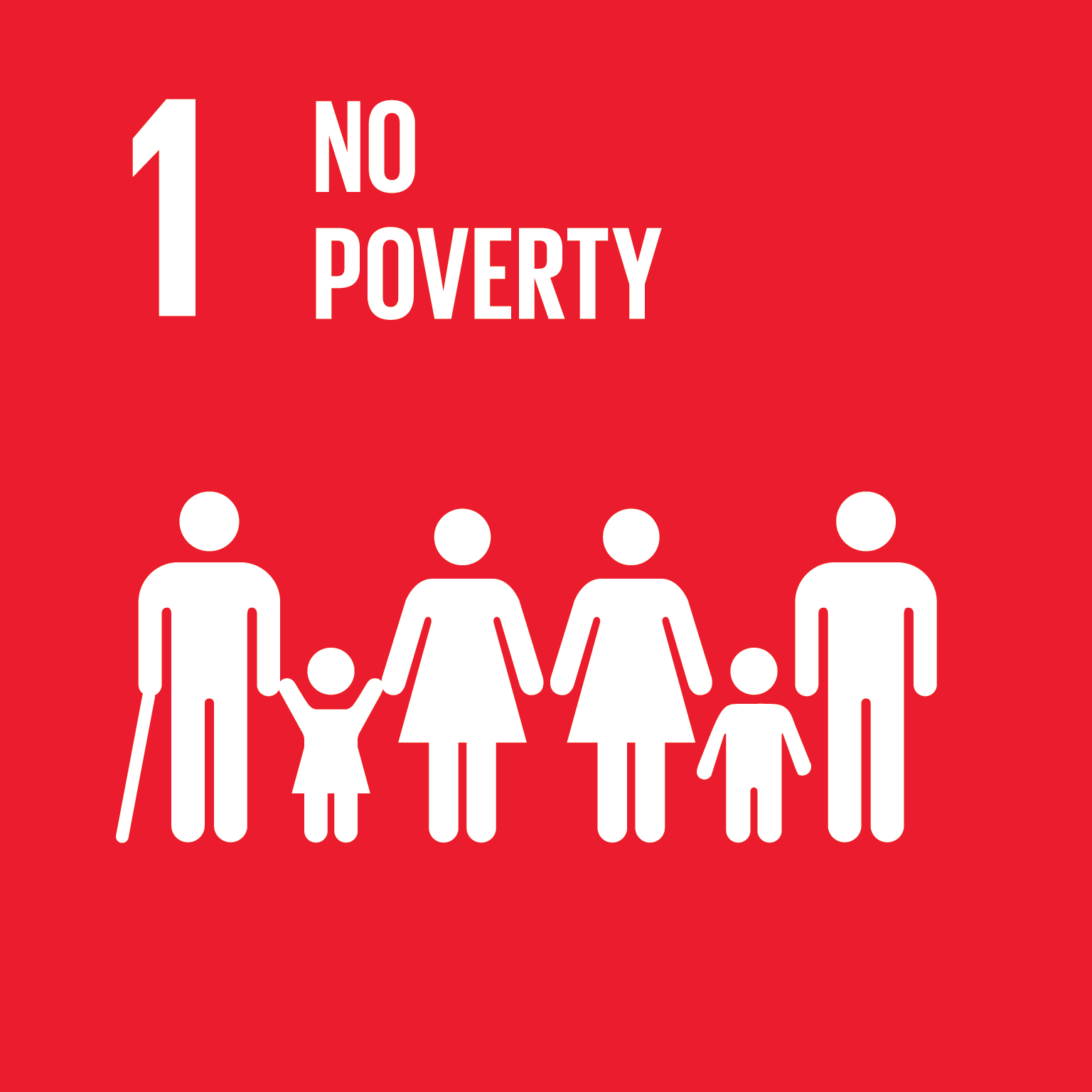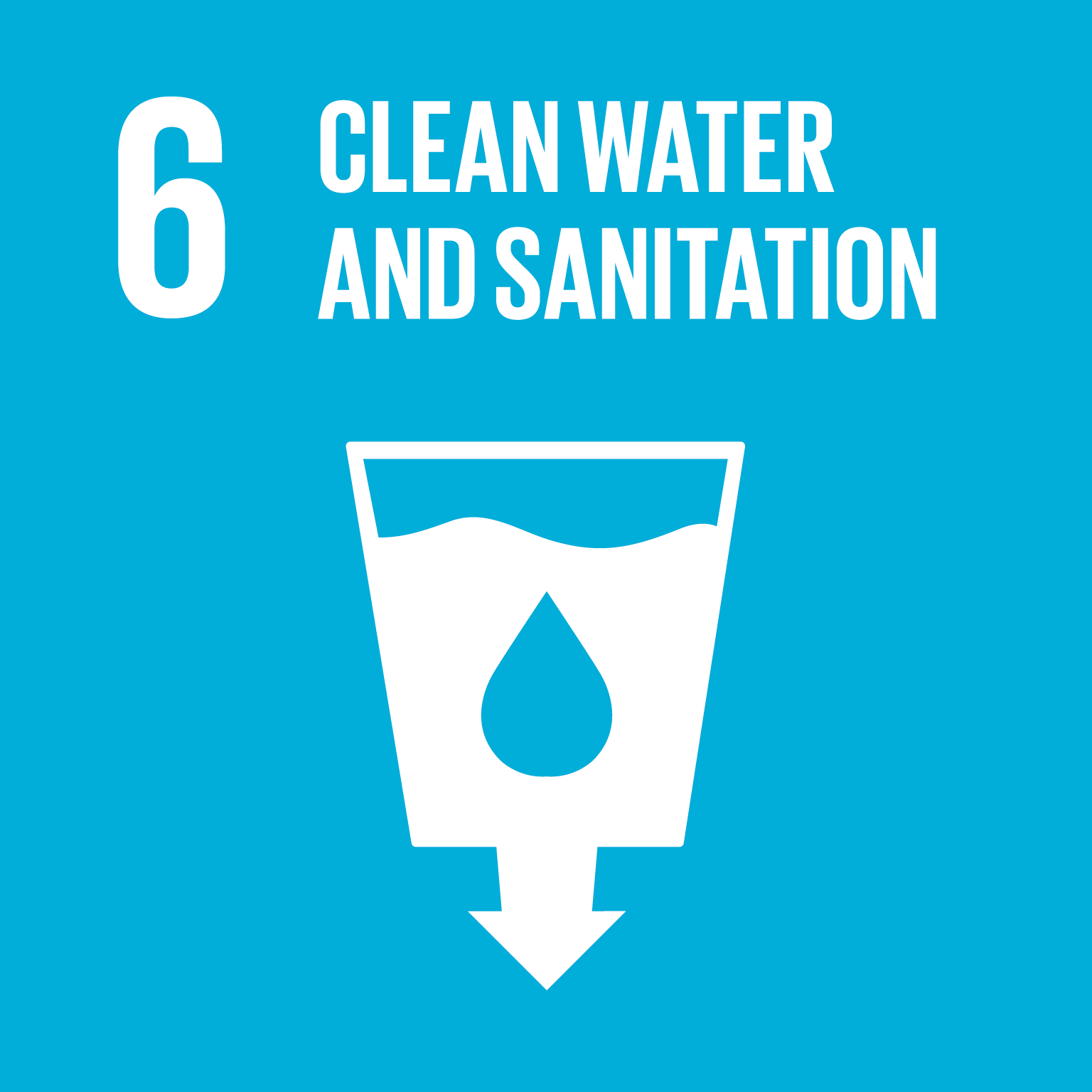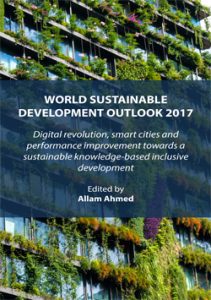Chair: Prof. Zahir Irani, Dean, Faculty of Management and Law, University of Bradford, United Kingdom Rapporteur: Dr. Thaera ALSHIRAWI, President Assistant for Marketing, Media and Public Relations, Ahlia University, Kingdom of Bahrain(09:00 – 10:15) Session 1: Opening of the Conference and Keynotes Welcome
- Prof. Abdulla Y. Al-Hawaj (VIDEO) Founding President and Chairman of Board of Trustees Ahlia University, Kingdom of Bahrain
- Prof. ALLAM AHMED (VIDEO) President, World Association for Sustainable Development (WASD) Director, Middle Eastern Knowledge Economy Institute (MEKEI) London, United Kingdom
Keynotes
- Governments in the digital age – progress, priorities and policies (VIDEO) Samia M. Melhem Lead Policy Specialist, Transport and ICT Global Lead, Digital Development Community of Practice World Bank Washington DC, United States
- Government, universities and society: implications of the Digital Transformation (VIDEO) Dr. JASON J BLACKSTOCK Head of Department Science, Technology, Engineering and Public Policy University College London London, United Kingdom
Session 2: Innovation and knowledge management
Chair: Prof. Amir Sharif, Professor of Operations Management and Founding Director, Operations and Supply Chain Systems (OASIS) Research Group, Brunel University, United Kingdom
Rapporteur: MOHAMAD AMIN HASBINI, Senior Security Researcher, Global Research and Analysis Team, Kaspersky Lab, United Arab Emirates
- End-users’ satisfaction with the quality of innovative healthcare technologies in Bahrain: a case study of hospital information systems (VIDEO) Prof. MUKHTAR AL-HASHIMI, Ahlia University, Kingdom of Bahrain MISHLEEN M. AQLEH, Ahlia University, Kingdom of Bahrain
- Dynamic model for the knowledge management and measurement of intellectual capital in services companies (VIDEO) Dr. VÍCTOR HUGO MEDINA GARCÍA, Distrital University, Colombia ELMER YESID FAJARDO RODRÍGUEZ, Distrital University, Colombia LINA MARIA MEDINA ESTRADA, Distrital University, Colombia
- Youth urban innovation: educational platform for Smart City Planning NUHA ELTINAY, Arab Urban Development Institute, Kingdom of Saudi Arabia
Session 3: Water, energy and the environment
Chair: Prof. SHAWQI AL DALLAL, Acting Dean of College of Medical & Health Sciences and President’s Advisor for Futuristic Studies and Innovation, Ahlia University, Kingdom of Bahrain
Rapporteur: Dr. MOAZZEM HOSSAIN, Associate Professor, Griffith University, Australia
- Securing the future of Food, Water and Energy in the GCC (VIDEO) Prof. AMIR M. SHARIF, Brunel University, United Kingdom Prof. ZAHIR IRANI, University of Bradford, United Kingdom
- Experimental application of Centrifugal Separation Techniques “CST” on reclaiming produced wastewater from oil refinery, Khartoum State (VIDEO) Dr. SARRA A. M. SAAD, Ministry of Higher Education & Scientific Research, Sudan MONTAISR A. H. KHIDER, Ministry of Environment, Sudan Dr. MOAWIA Y. BABIKER, Ekhtibarat Soil and Water Test Services, Sudan SUFYAN A. M. OSMAN, Ministry of Oil, Sudan
- An investigation of the utilisation of energy and water conservation technologies in Bahrain: entrepreneurial opportunity (VIDEO) Prof. MUKHTAR AL-HASHIMI, Ahlia University, Kingdom of Bahrain SAYED DHEYA H. AHMED, Ahlia University, Kingdom of Bahrain
- Water governance and technologies in the South-West national capital region of Delhi: challenges of transformative sustainable change Prof. RRANAV N. DESAI, Jawaharlal Nehru University, India
Session 5: Keynote Speakers
Chair: Prof. MANSOOR ALAALI, President, Ahlia University, Kingdom of Bahrain
Rapporteur: Dr. JOAO PINELO SILVA, University of Bahrain, Kingdom of Bahrain
Welcome and reflection on Day One
Prof. ABDULLA Y. AL-HAWAJ
Founding President and Chairman of Board of Trustees, Ahlia University
Manama, Kingdom of Bahrain
Prof. ALLAM AHMED
President, World Association for Sustainable Development (WASD)
Director, Middle Eastern Knowledge Economy Institute (MEKEI)
London, United Kingdom
- Knowledge Management in the United Nations and the 2030 Agenda: breaking down the silos
Dr. PETRU DUMITRIU
Inspector
Joint Inspection Unit
United Nations
Geneva, Switzerland
- Challenges in measuring knowledge management results and impact: IFAD's experience
HELEN GILLMAN
Senior Knowledge Management Specialist
Global Engagement, Knowledge and Strategy Division
International Fund for Agricultural Development (IFAD)
Rome, Italy
Session 6: Culture, gender and management
Chair: Dr. OSAMAH M. N. EL-GOHARI, Al Turath Foundation, Kingdom of Saudi Arabia
Rapporteur: Dr. YAGOUB ALI GHANGI, Associate Professor, Ahmed Bin Mohamed Military College, Qatar
- The impact of neuromarketing advertising on children: intended and unintended effects
AMANI AL ABBAS, Brunel University, United Kingdom
Dr. WEIFENG CHEN, Brunel University, United Kingdom
Dr. MARIA SABERI, Ahlia University, Kingdom of Bahrain
- The relationship between multicultural teams and project performance
SAYED MAHDI FADHUL, Brunel University, United Kingdom
Dr. MONOMITA NANDY, Brunel University, United Kingdom
- Board gender diversity: a review of the Literature
REEM KHAMIS, Brunel University, United Kingdom
Dr. TILLAL ELDABI, Brunel University, United Kingdom
Dr. ADEL AL SAREA, Ahlia University, Kingdom of Bahrain
Session 7: Public health and management
Chair: Prof. MUKHTAR AL-HASHIMI, Ahlia University, Kingdom of Bahrain
Rapporteur: Dr. RASHIDA ABUSIN, Associate Professor, University of Bahri, Sudan
- The nutritional status of inpatient drug addicts and the impact of Medical Nutrition Therapy (MNT) intervention on recovery
Dr Nahlaa A. Khalifa, King Abdulaziz University, Kingdom of Saudi Arabia
- Investigating obesity related behaviours in friendship networks among the youth: a systemised review
NOOR ALSAYED, Brunel University, United Kingdom
Dr. TILLAL ELDABI, Brunel University, United Kingdom
Prof. HABIN LEE, Brunel University, United Kingdom
- International University of Africa Breast Cancer and HIV/AIDS initiatives for sustainable development in Sudan
Dr. HIND MAMOUN BEHEIRY, International University of Africa, Sudan
- Hand grip strength, body mass index and anthropometric measurements among female university students: preliminary data in Bahrain
Dr. DALIA M KAMEL, Ahlia University, Kingdom of Bahrain and Cairo University, Egypt
FATIMA E MIRZA, Ahlia University, Kingdom of Bahrain
FATIMA H AL-ZAKI, Ahlia University, Kingdom of Bahrain
Dr. JENAN J AL-SEHALI, Ahlia University, Kingdom of Bahrain
ZAHRA A ABDULLA, Ahlia University, Kingdom of Bahrain
Session 8: Science and technology management
Chair: Prof. PRANAV N. DESAI, Chair Centre for Studies in Science Policy, School of Social Sciences, Jawaharlal Nehru University, India
Rapporteur: Dr. SARRA A. M. SAAD, Associate Professor, Ministry of Higher Education & Scientific Research, Sudan
- The role of education and culture in bridging the digital gap: a journey to the future
Prof. SHAWQI AL DALLAL, Ahlia University, Kingdom of Bahrain
- Influence of chlorsulfuron and 2,4-D on management of Striga hermonthica on sorghum
Dr. RASHIDA ABUSIN, University of Bahri, Sudan
ELFATIH AHMED, Agricultural Research Corporation, Sudan
MOHAMMED HASSAN, Environment and Natural Resources and Desertification Research Institute, Sudan
BABIKER MOHAMMED MAHGOUB, University of Bahri, Sudan
Prof. ABDELGABBAR ELTAYEB BABIKER, Environment and Natural Resources and Desertification Research Institute, Sudan
- Bio-economy and its connection to the knowledge-based economy
Prof. ELSADIG MUSA AHMED, Multimedia University, Malaysia
Session 9: Keynote Speakers Chair: Chair: Prof. BAKR AHMAD HASSAN, Vice President for Academic Affairs, Ahlia University, Kingdom of Bahrain Rapporteur: Prof. ELSADIG MUSA AHMED, Professor of Economics and Chair Center for Globalization and Sustainable Research, Multimedia University, MalaysiaKeynotes
- Graduate employability in a changing world (VIDEO) Prof. RONALD MCQUAID Professor of Work and Employment, University of Stirling Former Director, Employment Research Institute Stirling, United Kingdom
- The role of KM in achieving efficiency, effectiveness and value for Money in the Public Sector (VIDEO) Prof. JOHN ADAMS Head Department of Economics British University in Egypt Cairo, Egypt
- Personalized medicine is the future sustainable knowledge for human wellbeing (VIDEO) Prof. MOIZ BAKHIET Professor and Chairman, Department of Molecular Medicine, CMMS, Arabian Gulf University Consultant Neurologist, King Abdulla Medical City Director, Princess Al-Jawhara Center for Molecular Medicine, Genetics and Inherited Disorders Manama, Kingdom of Bahrain
10:20 10:45Tea/Coffee Break10:45 11:45Session 6: Culture, gender and management Chair: Prof. AMER AL-ROUBAIE, Advisor Capacity Building and Academic Collaboration, Ahlia University, Kingdom of Bahrain Rapporteur: Dr. EMAN MOHAMMD SALEH, Deputy Dean for Studies, Development & Community Service, Imam Abdulrahman Bin Faisal University, Dammam, Kingdom of Saudi Arabia
- (هِجْرَةُ العُلَمَاءِ وَتَهْجِيرُ العِلْمِ) The migration of scholars and displacement of knowledge (VIDEO) FAWAZ M. M. AL DKHEEL Consultant and Development Specialist Member of the Regional Social Responsibility Network Al-Khobar, Kingdom of Saudi Arabia
- (العَقْلُ بَينَ الإِنْمَاءِ المَنْشُودِ، وَالإِفْسَادِ المَرْدُودِ) The MIND: progressive development versus prohibited ideology (VIDEO) Dr. JAMAL N. I. HASSAN Associate Professor College of Arts Imam Abdulrahman Bin Faisal University Dammam, Kingdom of Saudi Arabia
11:45 12:00 Tea/Coffee Break/Pray12:00 13:20Session 7: Finance and entrepreneurship development Chair: Prof. ABDELGADIR WARSAMA GHALIB, Legal Counsel & Professor of Law, Kingdom of Bahrain Rapporteur: HASAN GHURA, Box Hill College, Kuwait
- Towards a theoretical framework between opportunity entrepreneurship, institutions and economic development (VIDEO) HASAN GHURA, Box Hill College, Kuwait Dr. XIAOQING LI, Brunel University, United Kingdom
- Entrepreneurship education and training: a gateway towards a knowledge-based and diversified economy in Qatar (VIDEO) Dr. YAGOUB ALI GHANGI, Ahmed Bin Mohamed Military College, Qatar
- Apprenticeships: start today and be your own boss (VIDEO) ALMOIZE AHMED, AA Accountancy, United Kingdom
- Why most of small startup businesses fail with 3 years in Saudi Arabia (VIDEO) MOTAZ ABDULRAHMAN ALSOLAIM, University of Brighton, United Kingdom
13:00 14:00Lunch and Networking14:00 15:00Session 8: Digital divide and the knowledge-based economy Chair: Dr. VÍCTOR HUGO MEDINA GARCÍA, Senior Lecturer, Distrital University, Colombia Rapporteur: Dr. TILLAL ELDABI, Brunel University, United Kingdom
- Closing the digital divide: a path towards sustainable knowledge-based inclusive development Prof. AMER AL-ROUBAIE, Ahlia University, Kingdom of Bahrain
- Sustainable growth and development: why do digital disruptions matter? Dr. MOAZZEM HOSSAIN, Griffith University, Australia MOHAMMAD SAMSUL HOQUE, Government of Bangladesh, Bangladesh
- FDI inflows spillover effect implications on the Asian-Pacific’s catching up process Prof. ELSADIG MUSA AHMED, Multimedia University, Malaysia
